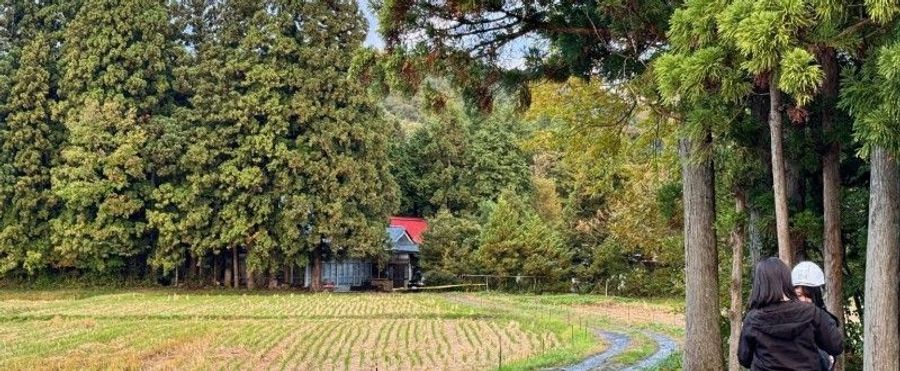A recent spike in bear-related incidents across Japan has caused growing public concern, with the death toll reaching two people. Authorities are working to mitigate this escalating issue which some experts attribute to changes in the bears' habitat due to urbanization and climate change. The urgent matter has prompted an appeal for increased public vigilance as well as the exploration of effective measures to minimize potential harm to humans and wildlife alike.
In Japan, the encroachment of wildlife, particularly bears, into human settlements pertains to environmental conservation and public safety. As Japan’s rural population declines, suburban areas keep extending into bear habitats. There's a palpable fear and concern among residents, particularly elderly individuals living in rural areas. The social value at stake is harmonious coexistence with nature, a cornerstone of Japanese society.
In the United States or the European Union, wildlife encroachment and associated dangers are likewise critical issues. Measures often include monitoring of wildlife populations, public education, and development of non-harmful deterrents. Amidst human-wildlife conflicts, the focus is on protecting citizens and conserving nature, similar to Japan. However, the geographical and species variations result in different specific approaches.

